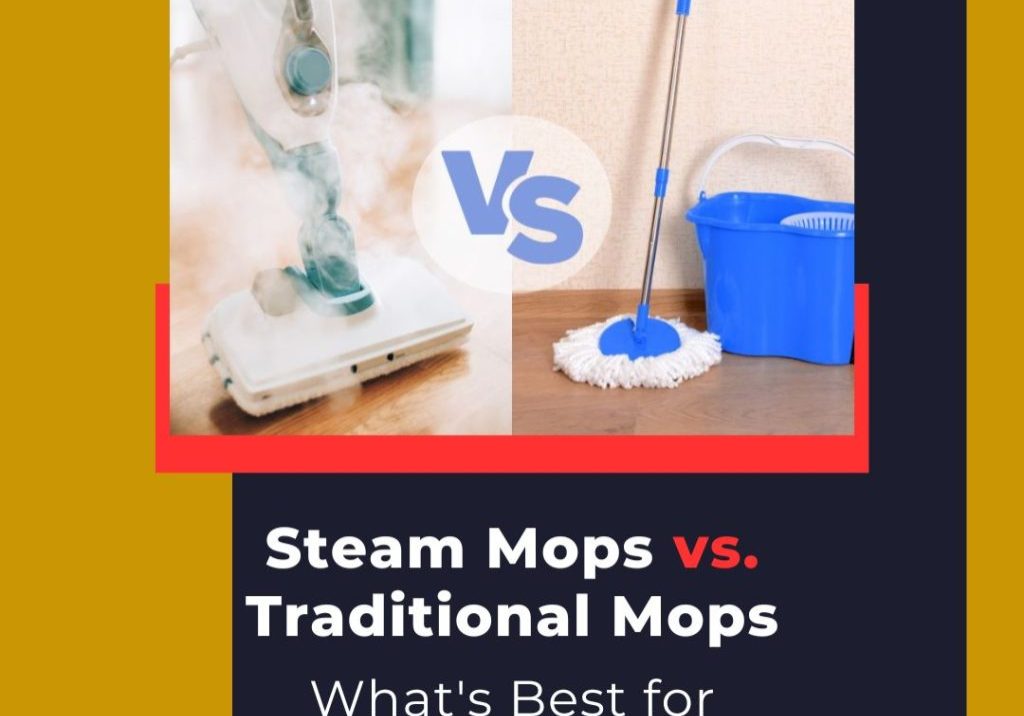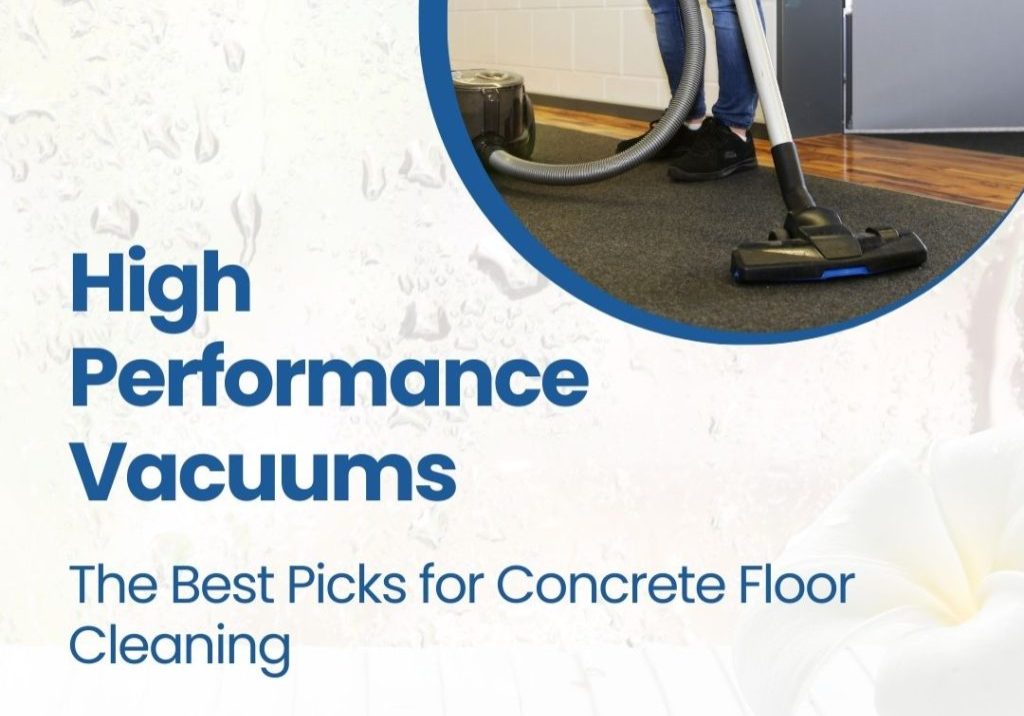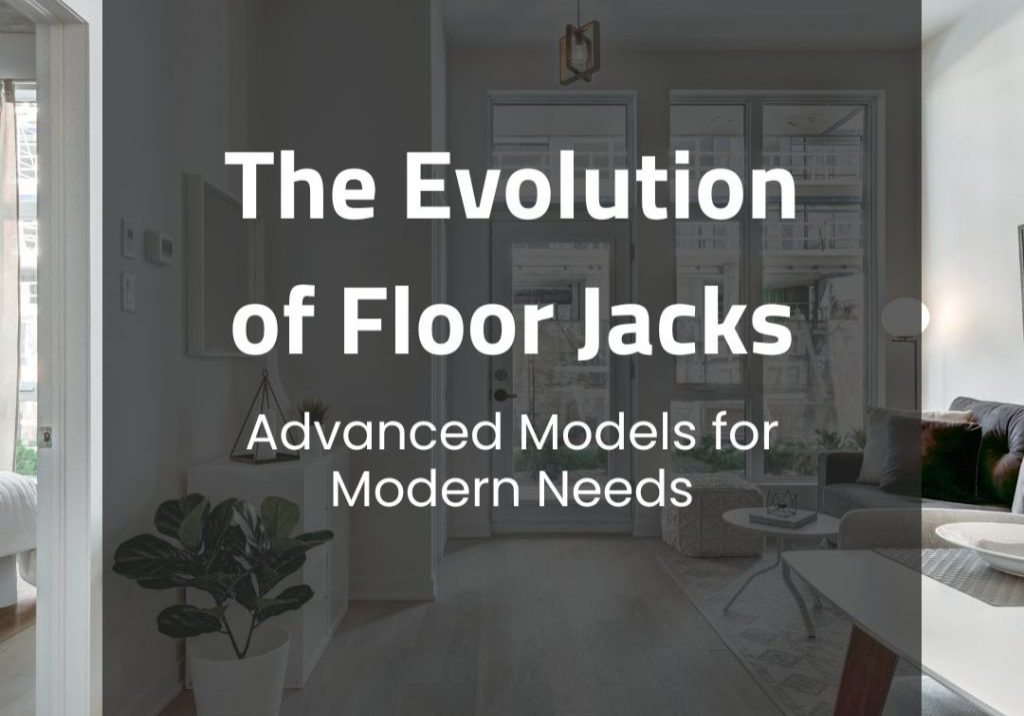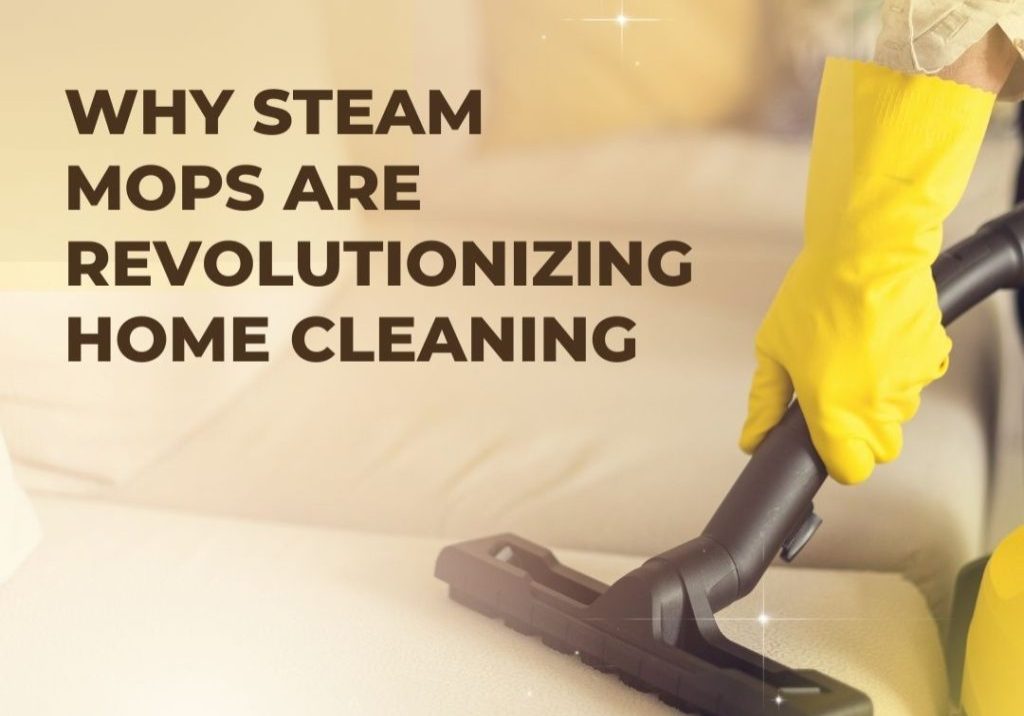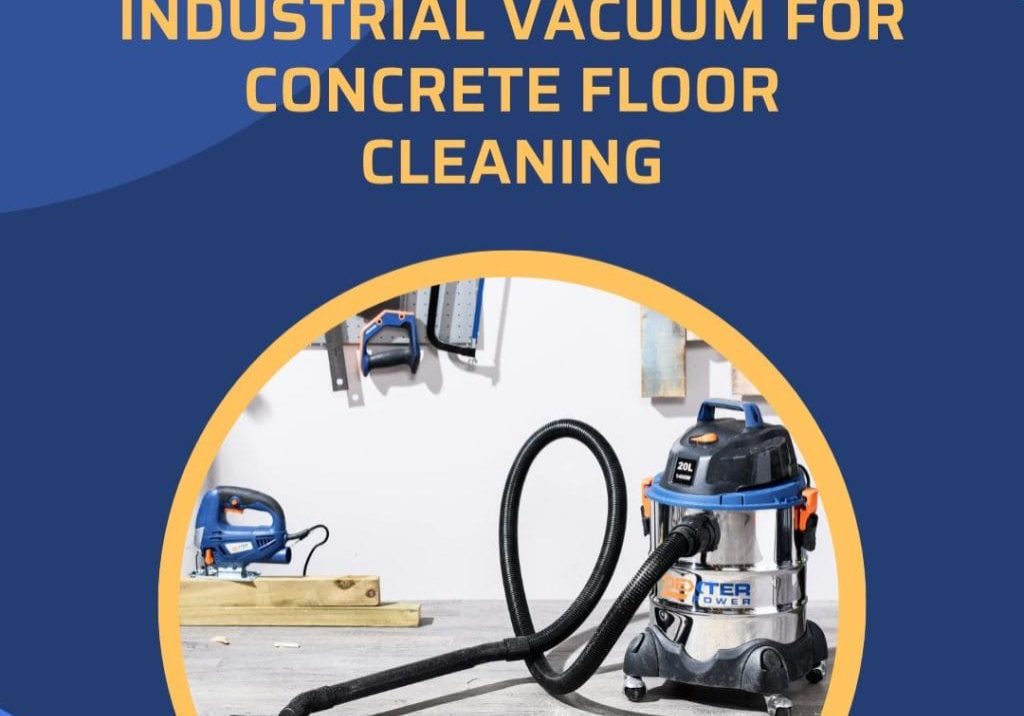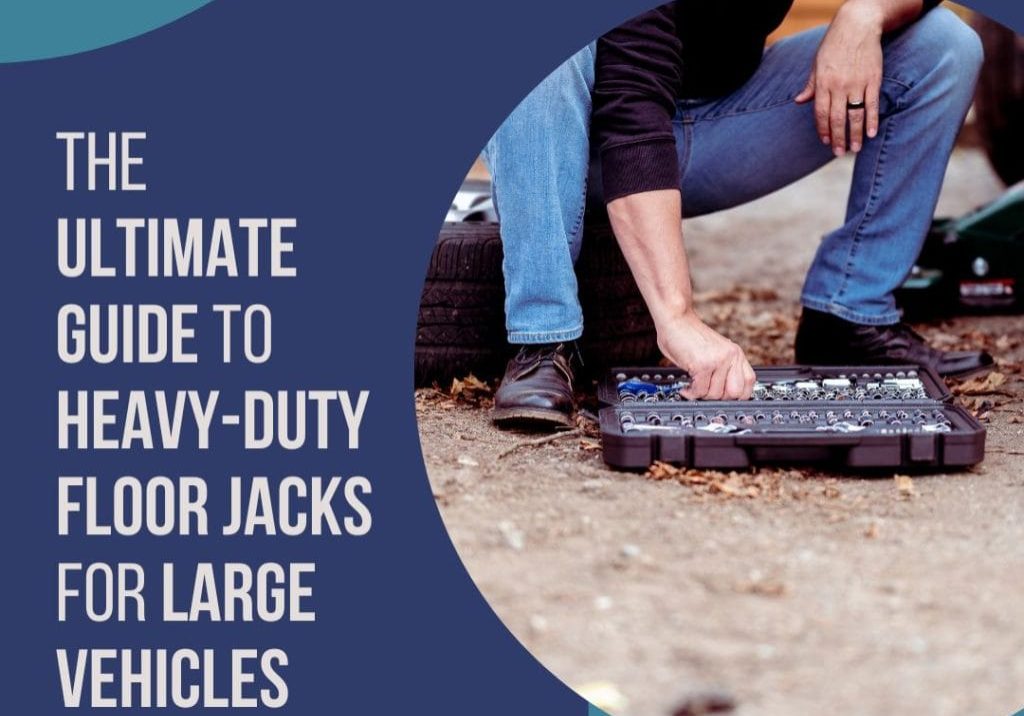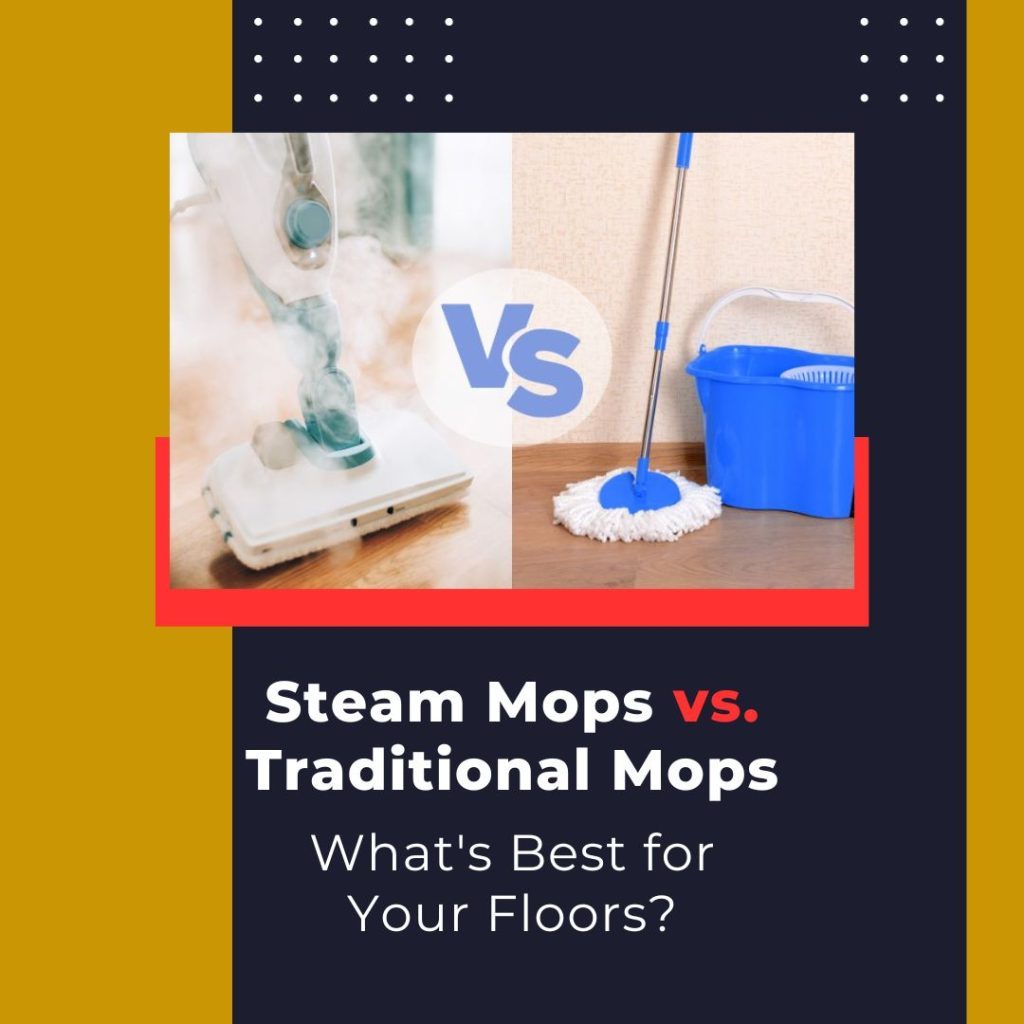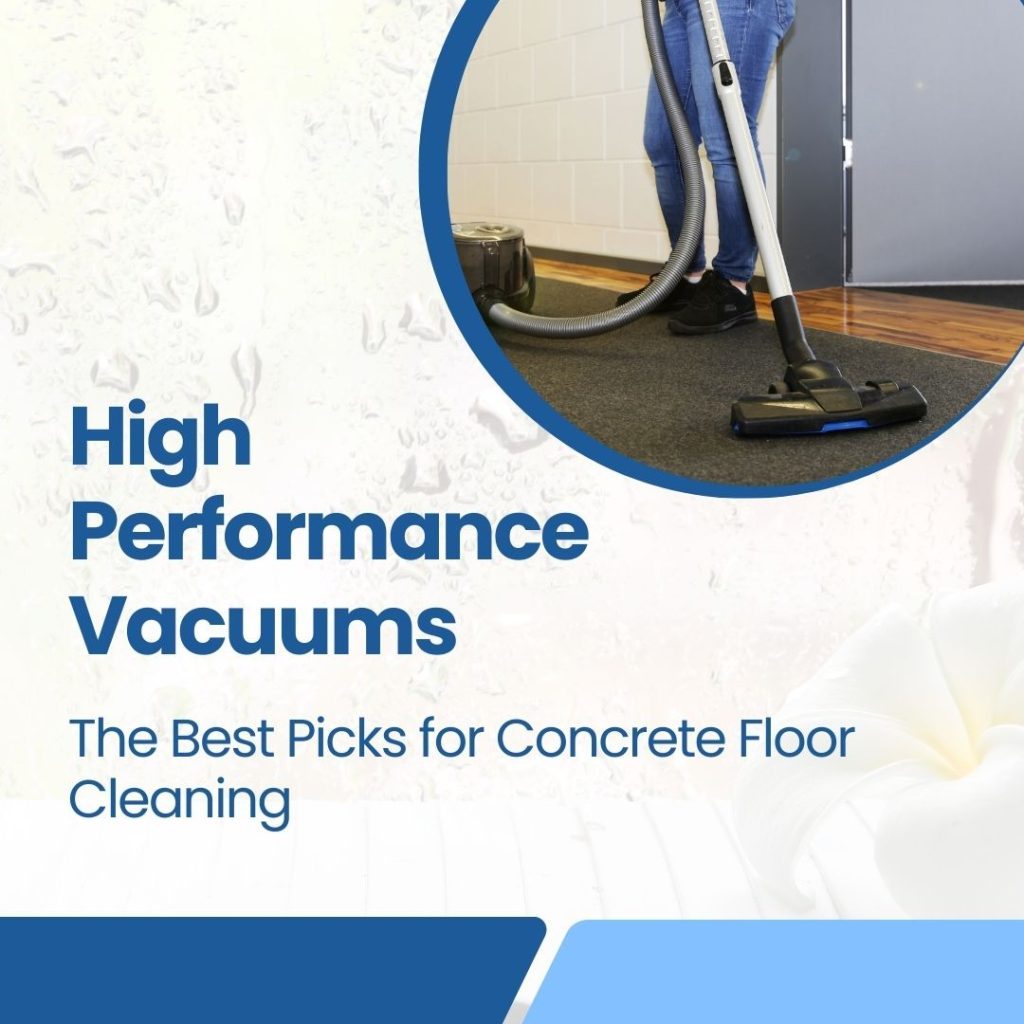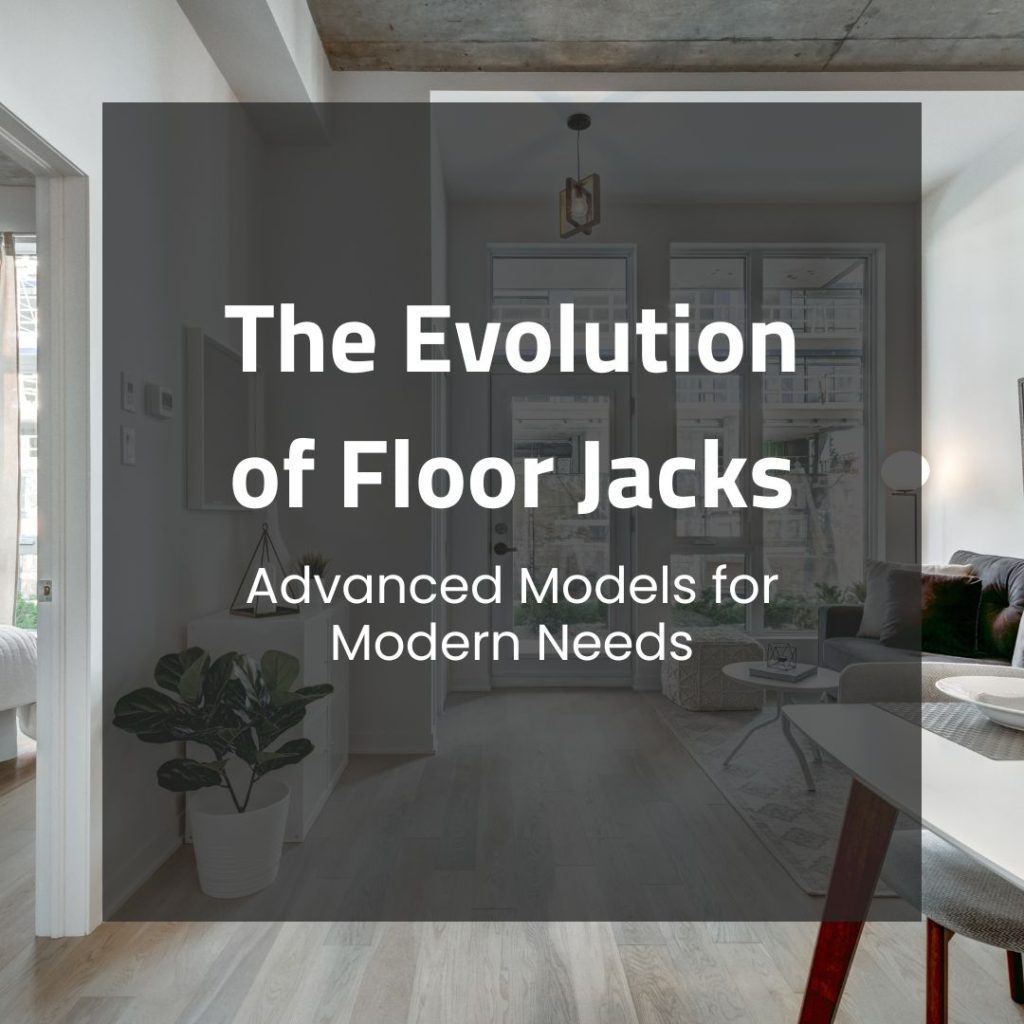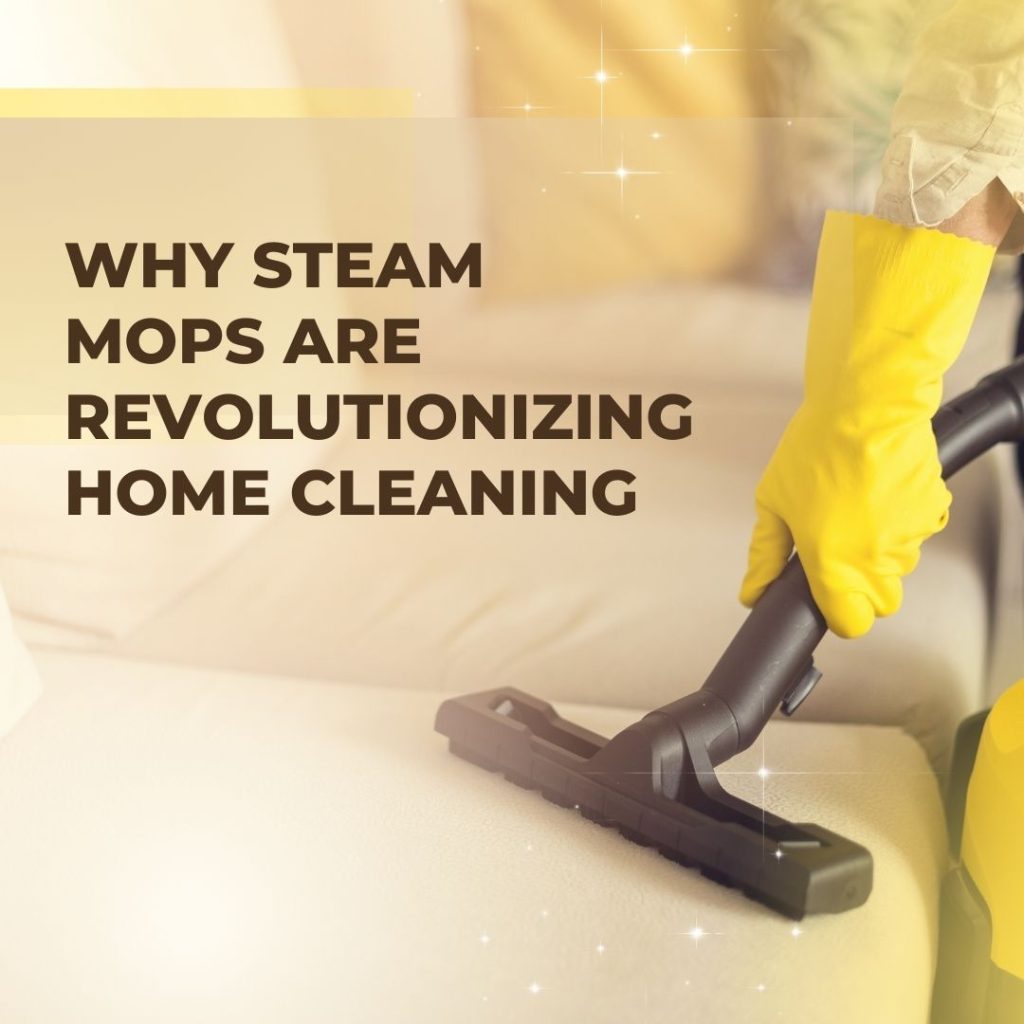Selecting the right vacuum cleaner for hard and concrete floors involves considering specific features and functionalities tailored to the unique characteristics of these surfaces. Unlike carpets, hard and concrete floors require a vacuum designed to effectively pick up dirt, dust, and debris without causing damage. In this guide, we’ll explore the key factors to consider when choosing a vacuum for hard and concrete floors to ensure optimal cleaning performance and surface protection.
Why Regular Vacuums Don’t Cut It
Many people make the mistake of using their regular vacuum on hard or concrete floors, thinking that it will do the job just fine. However, this is not the case. Regular vacuums are typically designed for carpets and rugs, which means they have rotating brushes that can actually damage hard surfaces. Not to mention, they struggle to pick up fine dust and debris from these types of floors.
What to Look for in a Vacuum for Hard and Concrete Floors
When searching for the best vacuum for hard and concrete floors, there are a few key features you should look out for. These include:
Suction power
This is crucial when it comes to picking up fine dust and debris from hard surfaces. Look for a vacuum with strong suction power.
Adjustable height settings
Hard floors can have different levels of thickness, so it’s important to choose a vacuum that allows you to adjust the height setting accordingly.
Rubber or felt wheels
These types of wheels are gentle on hard floors and won’t cause any scratches or damage.
No rotating brushes
As mentioned earlier, rotating brushes can damage hard surfaces. Look for a vacuum without this feature.
HEPA filtration
This is important for those with allergies or respiratory issues as it ensures that even the tiniest particles are trapped and not released back into the air.
Types of Vacuums to Consider
Now that you know what features to look out for, let’s take a closer look at the different types of vacuums that are best suited for hard and concrete floors.
Upright vacuums:
These are great for larger spaces and offer powerful suction. Look for one with adjustable height settings and rubber or felt wheels.
Stick vacuums:
These are lightweight and easy to maneuver, making them a great choice for small or tight spaces.
Canister vacuums:
These have a separate canister for the motor and dustbin, which makes them more versatile as they can be used on both hard and carpeted surfaces.
Brush Roll Type:
Choose a vacuum with a brush roll that can be turned off or has adjustable height settings. Soft bristles or brushes specifically designed for hard floors help prevent scratches and damage.
Suction Power:
Opt for a vacuum with powerful suction capabilities to effectively lift dirt and debris from hard surfaces. Adjustable suction settings allow customization based on the floor type.
Filtration System:
A high-quality filtration system is essential to trap fine dust particles. HEPA filters are ideal for capturing allergens, providing a cleaner and healthier environment.
Weight and Maneuverability:
Lightweight vacuums are easier to maneuver across hard floors. Consider a vacuum with swivel steering for increased agility and the ability to navigate around furniture.
Noise Level:
Check the noise level of the vacuum, especially if you have hard floors in living spaces. Quieter models contribute to a more comfortable cleaning experience.
Cord Length and Storage:
For corded vacuums, ensure the cord length is sufficient to cover the desired cleaning area. Additionally, consider models with cord rewind features for convenient storage.
Battery Life (for Cordless Vacuums):
If opting for a cordless vacuum, consider the battery life. Choose a model with a battery runtime suitable for your cleaning needs, and check if it has a removable battery for easy replacement.
Attachments and Accessories:
Look for vacuums with specialized attachments for hard floors, such as soft dusting brushes and crevice tools. These accessories enhance the versatility of the vacuum.
Durability and Build Quality:
Invest in a vacuum with a robust build quality to withstand the demands of cleaning hard and concrete floors. Durable materials contribute to the longevity of the appliance.
What makes the best hardwood-floor vacuum?
While any decent vacuum can maintain cleanliness on hardwood floors, it’s important to note that lower-priced models may require multiple passes and might not effectively capture the smallest (fine dust) or largest (yard waste) debris. Certain features, however, can enhance efficiency.
Robust suction and airflow play a crucial role in efficiently picking up debris on the initial pass, especially when dealing with very small or large particles.
Additionally, a suitable vacuum for hardwood floors should not necessitate constant use of a carpet-cleaning brush. Traditional spinning brush rolls with stiff bristles, effective for agitating carpet fibers and extracting hair and dust, can be counterproductive on bare floors. Such brushes may scatter debris before the vacuum has a chance to suction it, and in extreme cases, they can potentially scratch softer flooring materials like stone, tile, or wood.
Many vacuum models are equipped with on/off switches for their brush rolls, allowing users to deactivate the brush when cleaning bare floors and reactivate it for rug cleaning. Some units come with cleaning heads devoid of brush rolls, while others feature specialty soft-fabric brush rolls designed specifically for bare floor cleaning. Although these types may not perform optimally on rugs, certain models provide the flexibility to switch between different heads for varied surfaces.
Certain cleaning heads incorporate subtle features to facilitate the capture of larger debris. These features may include small aprons or flaps on the sides or near the rear of the head, side-mounted bristles (or tiny air intakes for corralling debris from baseboards and corners), or gates at the front of the head to allow passage for sizable debris, such as cereal pieces.
For further insights into what makes a vacuum powerful and versatile, refer to our comprehensive guide on plug-in upright and canister vacuums.
Final Thoughts
When it comes to choosing the best vacuum for hard and concrete floors, it’s important to look beyond just the brand or price. Consider the features that are most important for your specific needs and choose a vacuum that will effectively clean your floors without causing any damage. With this guide, you should now be equipped with the knowledge to make an informed decision and find the perfect vacuum for your hard surfaces. Happy cleaning! So, if you want to keep your hard and concrete floors in top condition, investing in a vacuum specifically designed for these surfaces is a must. With the right features and type of vacuum, you can achieve a thorough and gentle clean that will keep your floors looking their best. Now go out there and find the perfect vacuum for your hard surfaces! You won’t regret it. So, don’t wait any longer to give your floors the care they deserve and enjoy the benefits of a clean and stylish space. Remember, in order to make your hard surfaces shine, you need the best vacuum for hard floors – so don’t settle for anything less! Happy cleaning!
The Ultimate Guide to Choosing a Vacuum for Hard and Concrete Floors has come to an end. We hope this guide has been helpful in your search for the best vacuum for your hard surfaces. Remember to always consider the specific features, type of vacuum, and your own personal needs before making a decision. With the right vacuum, you can achieve a clean and stylish space without causing any damage to your hard floors. Happy cleaning! Keep an eye out for more informative guides on home maintenance and cleaning tips. Thank you for reading!

